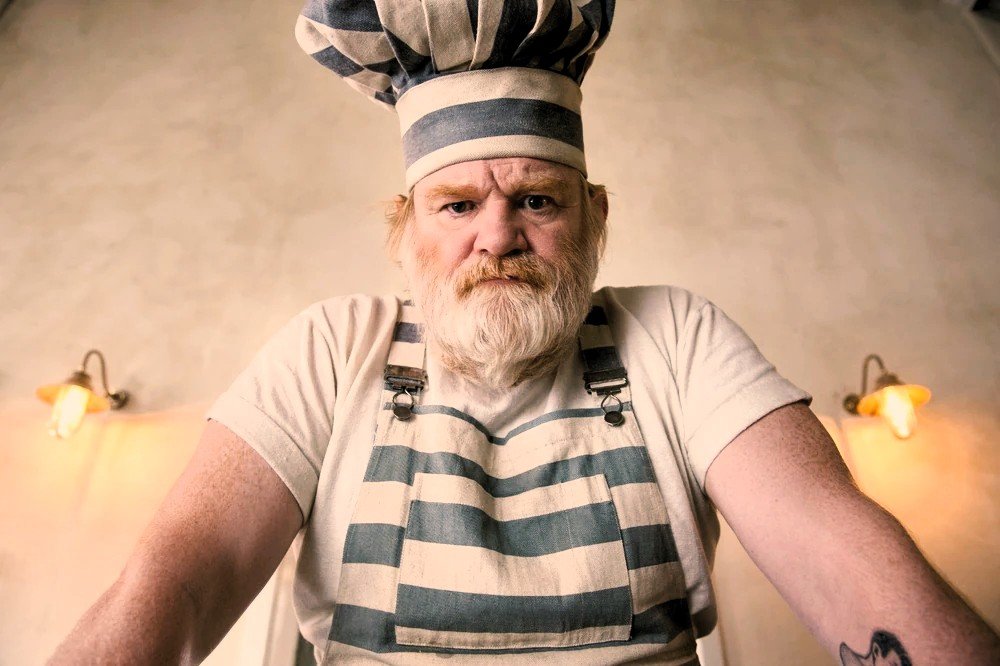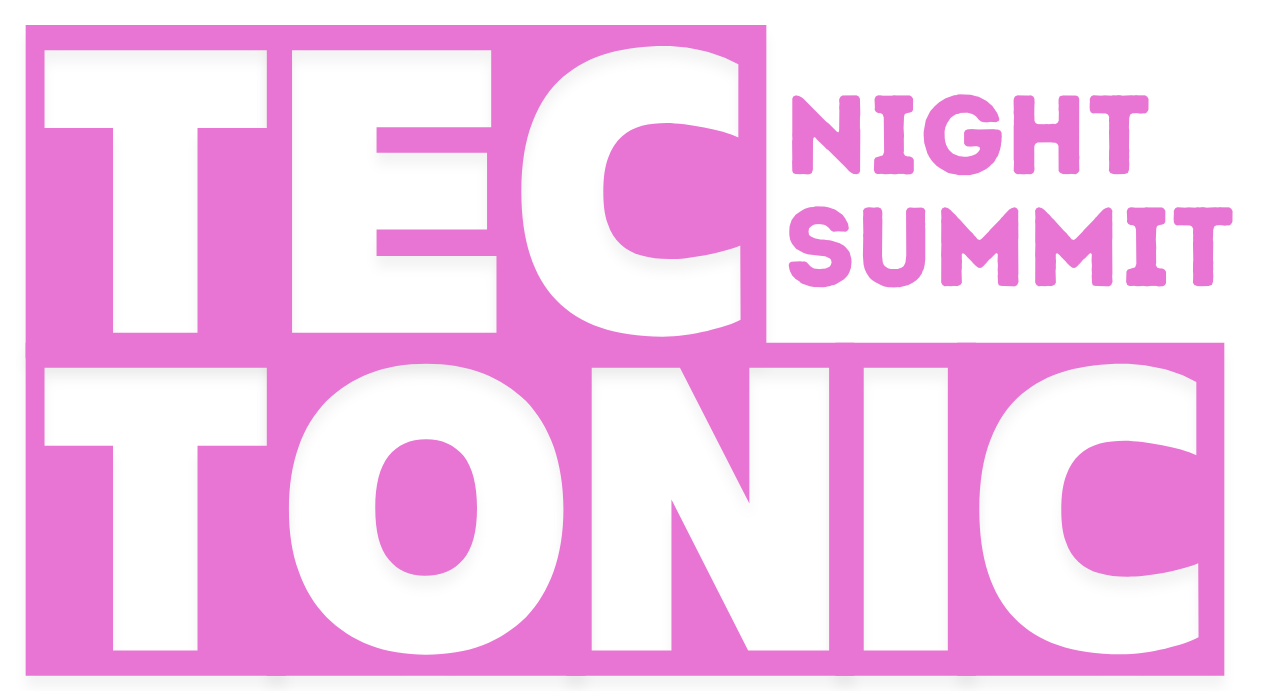
Written by TecTonic Director, Nick Murray. Originally published in The Scotsman, 12 April 2025
Scotland boasts a robust, diverse, and mature business support ecosystem with an excellent network of willing people ready to serve and support a startup’s journey. However, despite its advantages, it’s often undermined by a scarcity mindset and zero-sum thinking approach.
Ecosystems, in nature or business, rely on interaction. Different agents must engage, collaborate, and share resources to create balance and sustainability. Yet too often, Scotland’s entrepreneurial ecosystem retreats into silos, guarding resources and treating collaboration as a threat rather than a strength.
I’ll admit that I’ve fallen into this trap at points in my career. When livelihoods and entire programmes are tied to a single grant, it’s easy to feel defensive when the tap turns off. An organisation that once thrived on consistent funding can suddenly find itself out in the cold, no longer in vogue as policies change. Government priorities, such as the recent focus on the Green Agenda, internationalisation, inward investment, young people and gender diversity, can shift swiftly, leaving once-thriving organisations vulnerable if they rely too heavily on public funding.
Those who fail to adapt and commercialise their offerings, to build sustainable business models beyond grants, are particularly vulnerable. What’s worse, this reliance breeds insecurity, mistrust, paranoia, and tribalism between support organisations. If someone else gets a piece of the pie, it can feel like your slice has been stolen. Instead of fostering collaboration, this creates a tense, siloed environment where organisations hoard plans and insights for fear of competition. The result? Duplication of efforts, fragmented and incomplete support services, and a confused marketplace.
The greatest danger of this scarcity mindset is that it infects the startups themselves. This approach is the very antithesis of what we should be instilling in our entrepreneurs: that customers, investment, support, and opportunity can come from anywhere, and that casting your gaze far can only benefit your business’s potential.
To break free from this mindset, we must learn to leverage collective strength. Pooling resources and expertise without ego enables us to provide more comprehensive support for startups. Instead of duplicating efforts, we can fill gaps in expertise by connecting with others who excel where we don’t. If your strength lies in one area, focus there, and build a trusted network to signpost startups to experts in complementary fields.
Scotland doesn’t need to reinvent the wheel either. Successful ecosystems around the world offer proven strategies we can adapt. Corporate sponsorships, philanthropic partnerships, and international funding bodies can provide more stability, reducing competition for limited resources. Tailoring programme outcomes to appeal to corporate innovation agendas, or partners outwith Scotland, without impacting the beneficiaries, are other relatively easy wins to ensure sustainable activity.
If we want entrepreneurship in Scotland to thrive, we must embrace the true nature of an ecosystem: interaction, collaboration, and balance. A scarcity mindset breaks these essential connections, leading to a world where no one learns, grows, or evolves their offering to become truly world-class.
Scotland is full of passionate people dedicated to supporting startups, but if we cling to a prison food mentality, the ecosystem will starve. If we embrace abundance, learn to source and cook for ourselves, and look beyond borders for opportunities, there will always be enough to go around.
Nick Murray is Director at TecTonic Night Summit, a collaborative showcase event celebrating Scotland’s innovation and creative sectors in partnership with 50+ business support organisations and community groups, returning to Glasgow 29 May, 2025.
